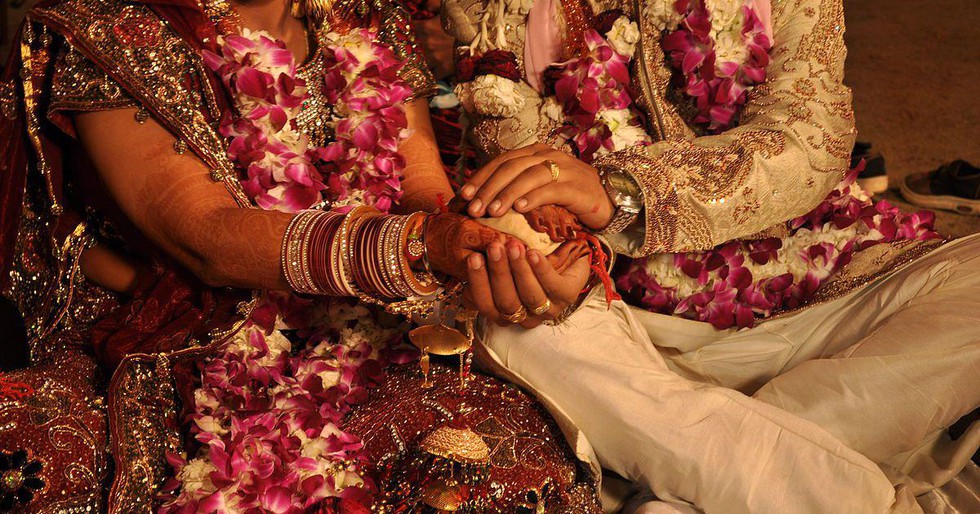The Supreme Court of India has delivered a significant ruling regarding the validity of marriages under the Hindu Marriage Act. The Court clarified that merely registering a marriage without performing the necessary ceremonies does not constitute a valid marriage.
Importance of Ceremonial Rites
This ruling emphasizes the importance of adhering to traditional rituals and customs as outlined in the Hindu Marriage Act. Specifically, the Court pointed out that certain rituals, such as the ‘Saptapadi’ (seven steps around the sacred fire), are integral to the sanctity and legality of a Hindu marriage.
Case Background
The judgment was given in a case where the parties involved had registered their marriage but did not follow the customary rites essential for a Hindu marriage. The Supreme Court stressed that registration alone, which serves primarily administrative purposes, cannot replace the necessity of performing these required ceremonies.
Legislative Intent
The bench highlighted the legislative intent behind the Hindu Marriage Act, which is to preserve cultural and religious practices that are core to a Hindu marriage. The judgment stated, “The legislative intent behind the Hindu Marriage Act is to preserve the cultural and religious practices that constitute the core of a Hindu marriage.”
Implications of the Ruling
The ruling has significant implications for couples who choose to register their marriage without following traditional ceremonies. Legal experts believe this judgment reinforces the need to respect and observe cultural rituals, ensuring that marriages are sacred unions rather than merely contractual agreements.
Future Impact
This decision is expected to influence future cases concerning the validity of marriages based on the absence of ceremonial practices. It serves as a reminder that modernization and administrative procedures are important but cannot override the foundational principles of religious and cultural traditions.
Multiple Choice Questions (MCQs):
- What did the Supreme Court of India clarify in its ruling?
- a) Registration of marriage alone is sufficient for a valid marriage.
- b) Performance of necessary ceremonies is required for a valid marriage under the Hindu Marriage Act.
- c) Registration and ceremonies are both unnecessary for a valid marriage.
- d) Customary rites are optional for a valid marriage.
- Which specific ritual did the Supreme Court emphasize as essential for a Hindu marriage?
- a) Exchange of rings
- b) Signing of a marriage contract
- c) Saptapadi (seven steps around the sacred fire)
- d) Taking vows before a priest
- According to the ruling, what is the primary purpose of marriage registration?
- a) To replace traditional ceremonies
- b) To legalize the marriage without any rituals
- c) For administrative purposes
- d) To simplify the marriage process
- What is the legislative intent behind the Hindu Marriage Act as highlighted by the Supreme Court?
- a) To modernize marriage practices
- b) To streamline administrative procedures
- c) To preserve cultural and religious practices
- d) To eliminate the need for ceremonies
- What is the expected impact of this ruling on future cases?
- a) It will nullify all registered marriages.
- b) It will have no impact on future cases.
- c) It will influence cases questioning the validity of marriages without ceremonial practices.
- d) It will make registration the only requirement for a valid marriage.
